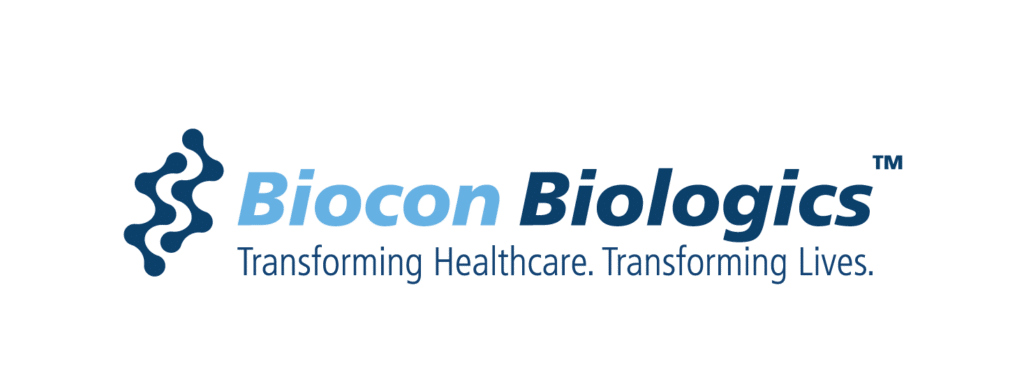Interchangeability
Monday, October 21, 2024
10:45 a.m. - 12:00 p.m.
Grand Ballroom F-H
This panel will discuss why now is the time to move away from a dual designation system of biosimilar and interchangeable. The US is the only jurisdiction with a separate designation for interchangeability. The BPCIA requires that a proposed interchangeable product demonstrate that it is a) biosimilar to the reference product, b) can be expected to product the same clinical result as the reference product in any given patient, and c) that there is no additional risk or diminished efficacy when patients alternate or switch between the biosimilar and the reference product. The BPCIA also provides that when a product meets this standard, it may be substituted without consulting with the prescribing healthcare provider. Importantly, however, all biosimilars must demonstrate that they can be used in place of the reference product, whether they meet this standard or not. More specifically, an interchangeability designation does not change or affect any product characteristics of a licensed biosimilar. Thus, having two separate designations for biosimilar and interchangeable biosimilar products causes confusion among healthcare practitioners and patients, adding to the challenges of biosimilar adoption.
FDA initially recommended that sponsor may meet the “switching” prong of the interchangeability statute by conducting a switching study based on PK endpoints. Recently, the agency issued a draft update to its guidance to reflect its changing scientific thinking that a biosimilar will generally be able to meet that standard without a study.
Jessica Greenbaum, J.D.
Director, Regulatory Affairs Policy U.S., Sandoz
Mustafa Unlu, PhD, JD
Policy Staff Director, Office of Therapeutic Biologics and Biosimilars, OND, CDER, Food and Drug Administration
Arlene Wolny, PhD
Global Head of Regulatory Affairs, Biocon Biologics Ltd.
Moderator: Giuseppe Randazzo
Senior Vice President, Sciences and Regulatory Affairs, AAM
Breakout Session Sponsor:
